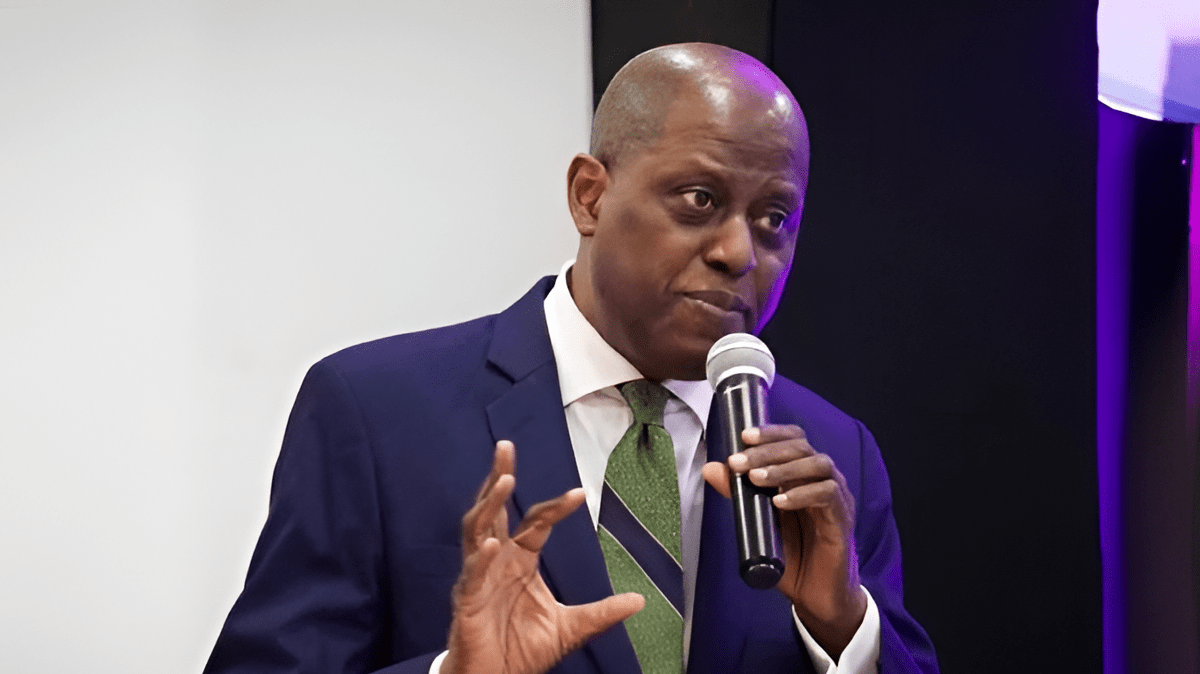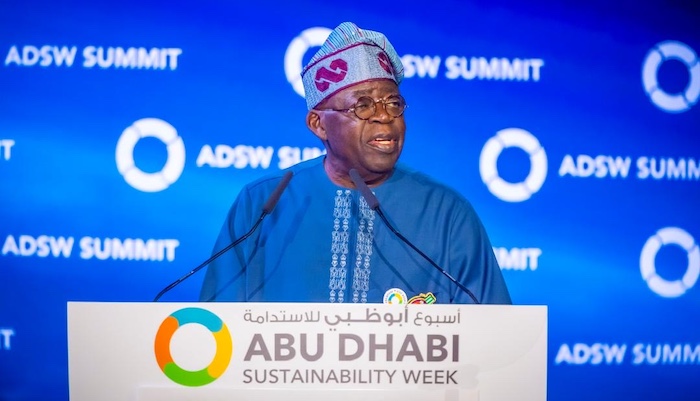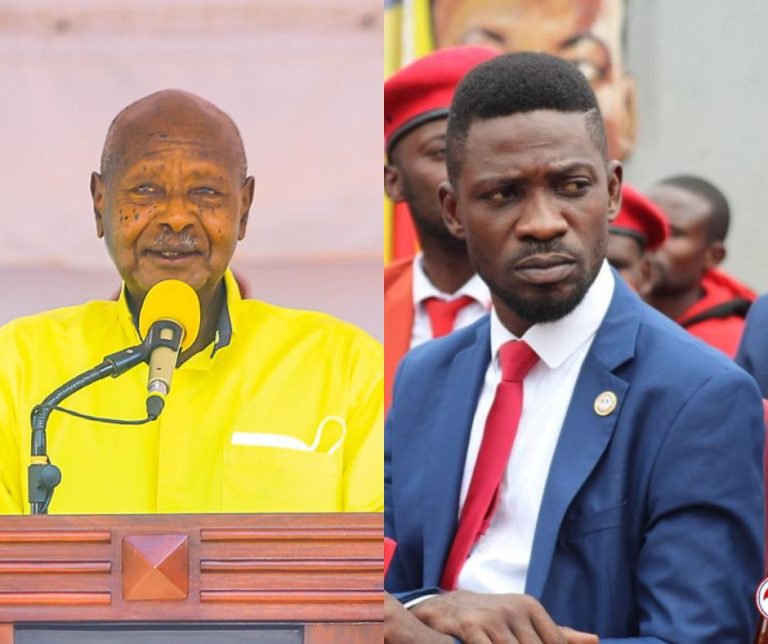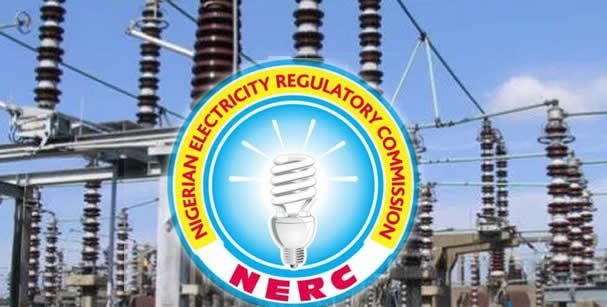
Governor of the Central Bank of Nigeria (CBN), Olayemi Cardoso, says the recent surge in Nigeria’s external reserves is the direct result of clearing the country’s foreign exchange (FX) backlog and implementing reforms aimed at boosting transparency in the currency market.
Speaking during a fireside chat at the inaugural CBN Governor Annual Lecture Series at Lagos Business School on Friday, Cardoso revealed that Nigeria’s reserves had risen to $42.35 billion as of Tuesday a sign, he said, that international confidence in the Nigerian economy is rebounding.
The lecture, themed “Next Generation Leadership in Monetary Policy and Nation Building”, served as a platform for Cardoso to outline how consistent reforms are reshaping Nigeria’s monetary policy landscape.
Backlog Cleared, Credibility Restored
Cardoso said one of his first commitments after assuming office was to clear all verified foreign exchange obligations owed to third parties even though those debts were not accrued under his leadership.
“When I took office, I made a promise: we would clear the verifiable backlog of monies owed by Nigeria. To be honest, I didn’t know how it would be done but it had to be done. Credibility isn’t optional,” he said.
The CBN had earlier enlisted Deloitte to conduct a forensic audit of the FX backlog, revealing major discrepancies in several forward contracts. The verified obligations were eventually settled, sending a strong signal to global investors that Nigeria was ready to honour its commitments.
Transparency as a Growth Catalyst
Cardoso attributed the uptick in reserves and renewed investor interest to policy consistency, institutional reforms, and a transparent FX market.
Reforms implemented under his leadership include:
- Live, post-MPC press conferences for real-time communication with the public
- Regular publication of audited financial statements, breaking a long-standing culture of opacity
- Public disclosure of net reserve positions — a move previously considered taboo
“Many didn’t believe we’d publish our net reserves figure, but we said we would and we did. That gave the market and our partners confidence,” he noted.
Another key milestone was the rollout of a B-matching electronic FX trading platform, which enables all participants to see market rates and transactions in real time, reducing the possibility of backdoor deals or privileged access.
Level Playing Field for Business
Cardoso emphasized that the goal of the reforms is to build a financial system where businesses can operate without needing political connections or insider privileges.
“By the time I leave this role, you won’t need to know anyone at the CBN to run your business. That’s the direction we’re heading,” he said.
He noted that many Nigerians can now use their naira debit cards internationally, a feat that was nearly impossible two years ago when foreign exchange scarcity pushed individuals and businesses to seek alternatives.
Global Eyes on Nigeria
Recalling the climate two years ago, Cardoso said many Nigerians had lost hope, and capital flight was the norm. Today, he said the narrative is shifting. Nigeria is now attracting renewed attention from global rating agencies, institutional investors, and major financial players, including asset management giant BlackRock.
“We’re seeing a dramatic turnaround. Some of those who waited on the sidelines are now saying: this is the moment to enter the Nigerian market,” he added.
Cardoso also revealed that the CBN is actively embracing digitisation and artificial intelligence, adding that the bank has developed a roadmap for digital innovation in partnership with the Securities and Exchange Commission. This includes exploration into digital currencies, AI-driven forecasting tools, and improved market infrastructure.
As he wrapped up his remarks, the CBN governor said two years of consistent policies, discipline, and reform execution have put Nigeria on the path to sustainable growth.
“In one word, the future of Nigeria is bright,” Cardoso declared.



